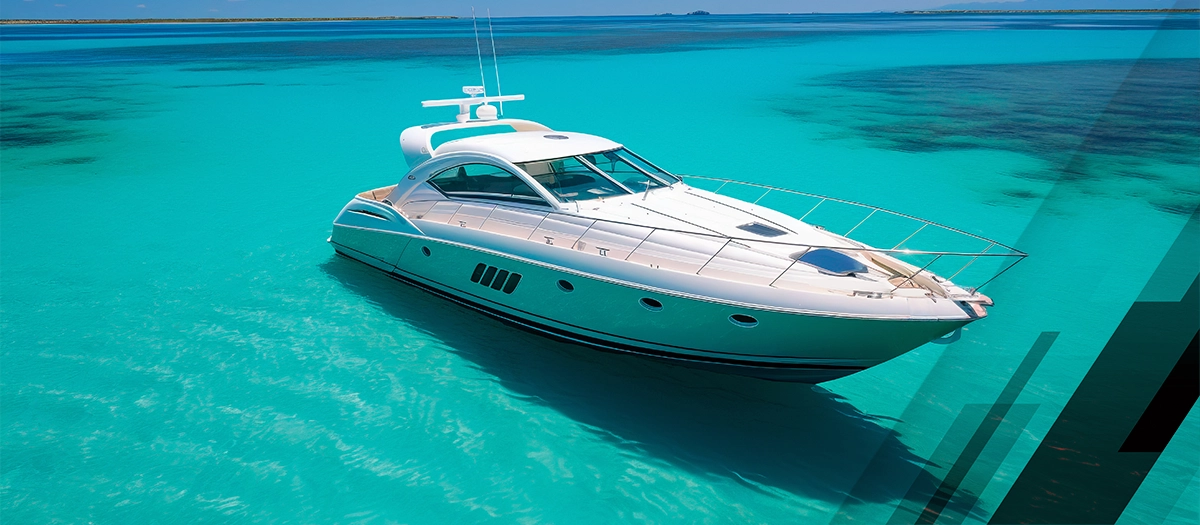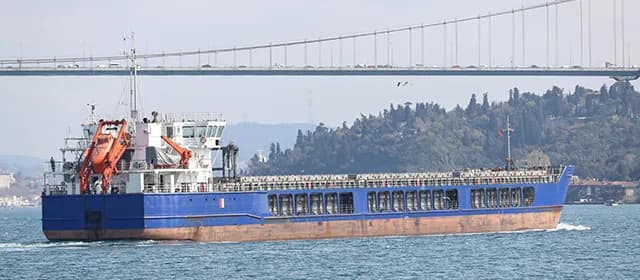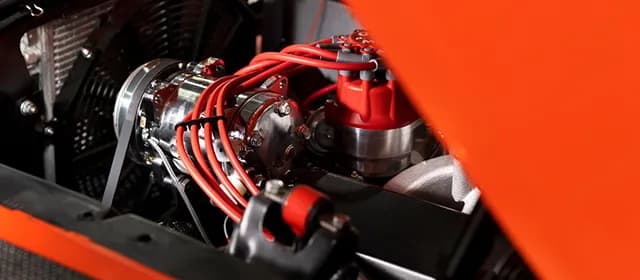Rising interest in leisure and water-based activities is fueling the demand for recreational boats. From yachts to personal watercraft, these boats offer relaxation, adventure, and premium experiences for enthusiasts worldwide.
Driven by rising incomes, growing interest in water activities, and advancements in marine technology, the market is evolving with trends like electric propulsion, smart navigation, and subscription-based ownership models. Kings Research estimates that, the global recreational boat market is projected to grow from USD 34.88 billion in 2024 to USD 55.75 billion by 2031.
Top 5 Trends in the Recreational Boat Market:
1. Electrification and Sustainable Boating
The push toward sustainability has driven significant advancements in the recreational boat market, especially in electric boating. Consumers and manufacturers are increasingly focused on reducing the environmental impact of recreational boating by adopting electric propulsion systems, solar-powered yachts, and hybrid engines. Companies like Torqeedo and Candela are leading the charge, offering electric motors and hydrofoil boats that reduce energy consumption while maintaining performance. Solar-powered luxury yachts, such as those from Silent Yachts, highlight the industry's focus on sustainability. These vessels appeal to buyers seeking high-end boating with reduced environmental impact. These innovations are driving a significant shift in the recreational boat market, making sustainable boating more viable and appealing to a wider audience.
In June 2024, Microvast Holdings, Inc., a leader in lithium-ion battery solutions, partnered with Evoy, a Norwegian company specializing in high-output electric motor systems for boats. Evoy integrated Microvast's MV-I high-power battery packs into its leisure boat line. These batteries provide fast responsive torque for quick acceleration, enhanced safety with integrated cooling plates, and quiet, low-maintenance operation.
2. Enhanced Safety Measures
Technological innovations are improving safety on boats, with products like wireless kill-switches that shut off the boat if the operator goes overboard or moves too far from the base station, enhancing safety for boaters. Modern safety solutions include advanced GPS tracking, automatic distress signaling, and smart monitoring systems that detect unusual boat movements, providing an extra layer of security for boaters and passengers alike.
In March 2025, the Whale and Vessel Safety Taskforce (WAVS) introduced an initiative using advanced technologies to enhance boating safety and reduce vessel strikes on North Atlantic Right Whales (NARW). A dedicated research vessel will function as an open-access testing platform, allowing recreational boat market companies to develop, refine, and validate hardware, software, and risk modeling applications in real-world maritime conditions. This effort supports innovation, strengthens marine conservation, and advances safer navigation practices.
3. Advancements in Autonomous Boating
The boating industry is witnessing a transformative shift with the integration of autonomous technology, paving the way for self-navigating vessels equipped with real-time decision-making capabilities. With AI-driven navigation, smart collision detection, and automated docking, boaters in the recreational boat market can enjoy greater ease, convenience, and peace of mind on the water, whether cruising, fishing, or exploring. These innovations are not only enhancing safety but also revolutionizing the boating experience by reducing the need for manual operation, making boating more accessible and efficient for both seasoned navigators and newcomers.
In March 2025, Robosys Automation launched an autonomous trials boat designed for testing and sea trials. This vessel has been commissioned to support the integration of clients’ software and hardware with the VOYAGER AI suite. It will facilitate seamless compatibility across VOYAGER AI’s advanced maritime autonomy and vessel control software modules.
4. Hybrid Propulsion Systems
The push for sustainability is accelerating the adoption of hybrid propulsion systems in the recreational boat market. Manufacturers are developing fully electric boats, hybrid gas-electric vessels, and advanced electric outboard motors to offer eco-friendly alternatives to traditional engines. These innovations reduce emissions, noise, and fuel costs while improving efficiency and performance. Advances in battery technology and growing regulatory support are further driving this shift, making sustainable boating more viable and accessible.
In March 2024, Baglietto partnered with Siemens Energy and CGT to unveil a new hybrid propulsion system for its yachts. This system, debuting on the T52 and DOM 133 models in 2025, features Lloyd’s Register-certified components, including a Caterpillar C32 ACERT diesel engine and an ultra-compact hybrid unit. It incorporates a low-consumption clutch and a 180kW high-efficiency electrical machine, allowing operation in diesel, diesel shaft generation, electric-diesel, and full-electric modes.
5. Growth of Subscription Models
The recreational boat market is embracing subscription-based models, offering a flexible and cost-effective alternative to traditional boat ownership. These programs allow customers to access a fleet of boats for a monthly or annual fee, eliminating expenses related to maintenance, storage, and insurance. Subscription services cater to a wide range of users, from occasional boaters seeking hassle-free access to premium vessels to experienced enthusiasts looking to explore different boat types without the commitment of ownership.
In March 2025, Boatmart, the fastest-growing marine marketplace for buying and selling boats, launched a pay-per-lead system for dealers. This model charges only for high-intent, qualified leads, maximizing ROI while reducing budget pressures. It also includes co-op funding and improved merchandising to enhance engagement and lead quality. Given the unpredictability of subscription models due to seasonal fluctuations and economic uncertainty, this approach successfully used by their parent company, CAR Group is now available to U.S. marine dealers.
Concluding Thoughts:
The recreational boat market is undergoing a dynamic transformation, driven by technological advancements, sustainability initiatives, and evolving consumer preferences. The rise of electric and hybrid propulsion, smart boating technologies, and subscription-based access models is making boating more accessible, efficient, and environmentally friendly. As the industry continues to innovate and adapt to shifting trends, the future of recreational boating looks promising, offering more diverse, sustainable, and user-friendly experiences for enthusiasts worldwide.


.webp&w=3840&q=75&dpl=dpl_CDzhLSzynMzoYDwtxx4cZQXJd7NE)

